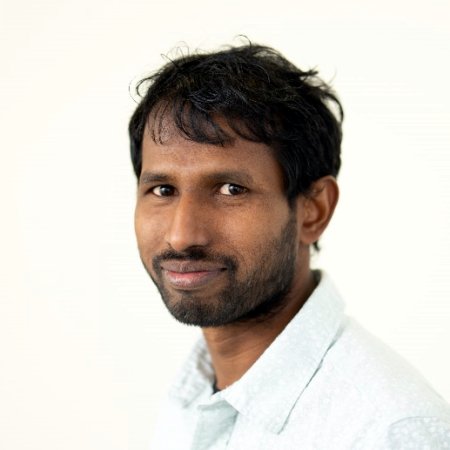
Dr Ramaraj Ayyappan
Assistant Professor Grade I (Chemistry)
+91 (0)471 - 2778320
ramaraj.ayyappan@iisertvm.ac.in
-
We work in the area of 'organometallic chemistry' a subdiscipline of inorganic chemistry bridging organic and coordination chemistry. The definition of organometallic chemistry can be found in the following URL links https://pubs.acs.org/page/orgnd7/about.html, https://www.sciencedirect.com/journal/journal-of-organometallic-chemistry. Significant advancements in chemistry were made in the last few decades with the advent of organometallic catalysts. This was recognized by several Nobel prizes. These discoveries have a significant impact in our day-to-day lives. Inspired by this, our group focuses on designing well-structured metal catalysts especially using first-row transition metals toward a sustainable future.
-
More specifically, we are interested in the development of phosphine and carbene based multifunctional ligands (Ln). Ligand design is essential to control the metal electronic and steric properties in bond activation and catalytic applications such as hydrogenation, coupling reactions, polymerization.
-
Using the tailored ligands, transition-metal complexes [LnM] (Mn, Fe, Co, Ni, Cu, Ru, Ir, Rh) can be made. It must be mentioned that working with first-row 3d-metal complexes is far more challenging than their heavier congeners. Because metal ligand bonds are labile and easily undergo one electron oxidation to form paramagnetic complexes. So, successful synthesis of [LnM] is quite difficult. However, it is very important to develop catalysts based on first-row 3d-elements, because they are earth abundant, non-toxic and cheap.
-
Using the [LnTM] complexes, bond activations in carbon dioxide (O=C=O), P4 and hydrogenation related catalytic transformations would be studied.
